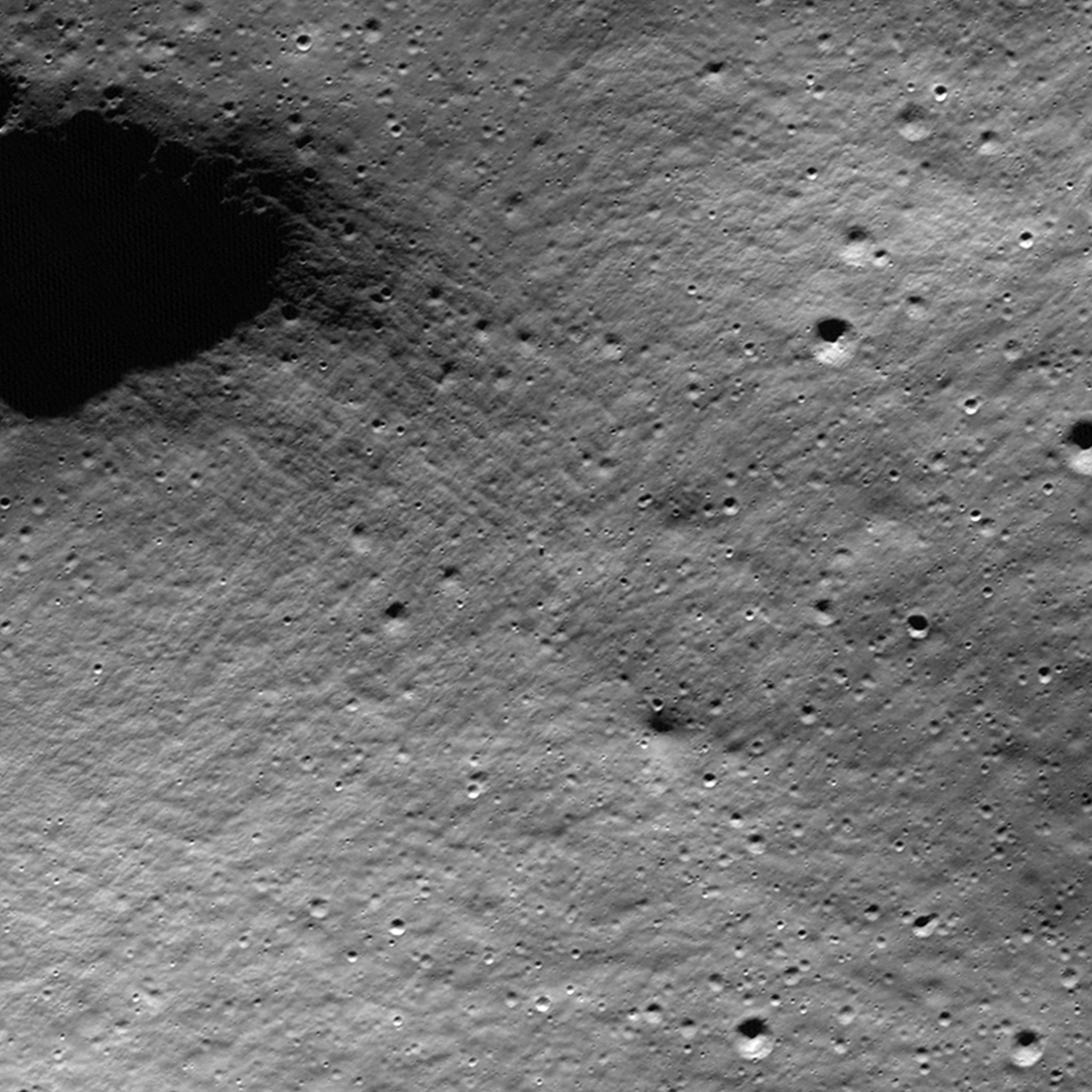An image of the Odysseus lander on the surface of the Moon has been captured by the Lunar Reconnaissance Orbiter.
NASA’s Lunar Reconnaissance Orbiter has captured an image of the Nova-C lander, named Odysseus, on the surface of the Moon.
The lander, which was built by private US space firm Intuitive Machines, made a soft touchdown on the lunar surface on 22 February 2024, making it the first US-built spacecraft to do so since the Apollo missions.
However, it emerged in the days following the landing that the Odysseus lander had actually tipped on its side on the surface of the Moon.
NASA’s Lunar Reconnaissance Orbiter passed over the Odysseus landing site, near crater Malapert A in the lunar South Pole, on 24 February and captured these images.

The Nova-C lander can just about be made out in the image, appearing as a dark speck from the lunar orbiter’s altitude of 90km.
The Odysseus lander landed on the Moon at 80.13 degrees south latitude, 1.44 degrees east longitude, 2,579 meters elevation, according to NASA.

While the lander may have ended up lying on its side, the successful soft touchdown of Odysseus marks the next step in NASA’s return to the Moon, which will ultimately see the Artemis programme return human feet to the lunar surface.
The Lunar Reconnaissance Orbiter launched on 18 June 2009 and has been orbiting the Moon ever since, collecting data and images to help us understand more about our natural satellite.